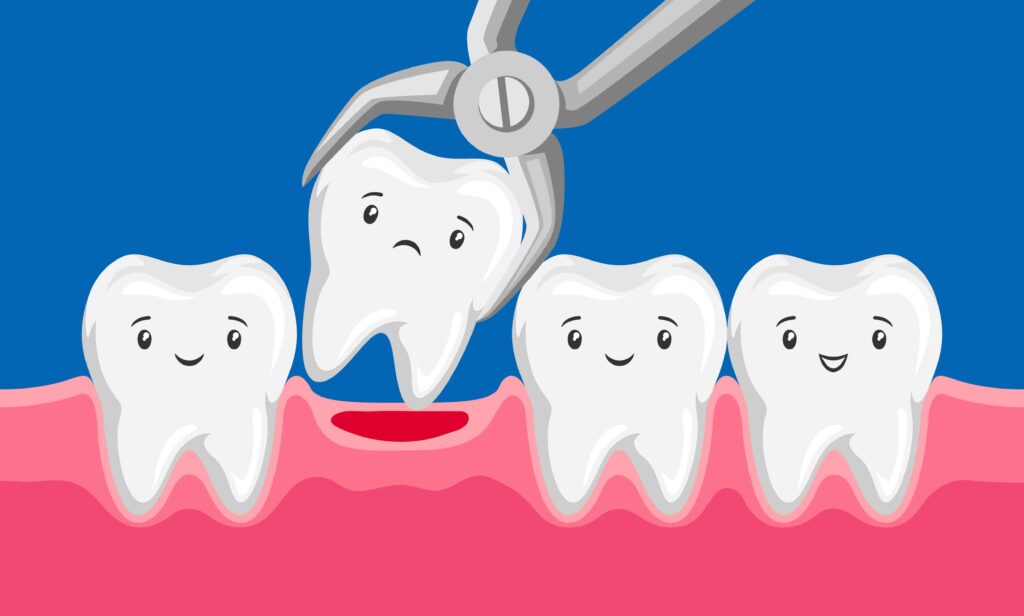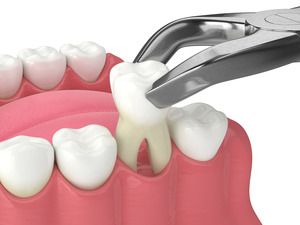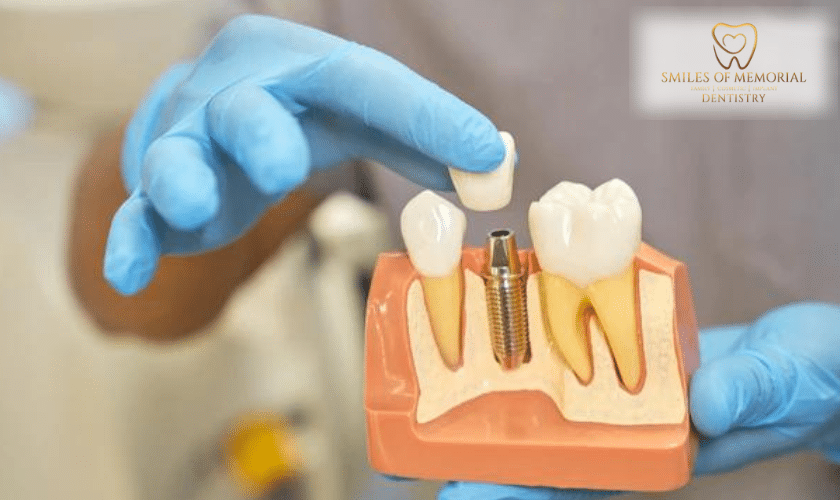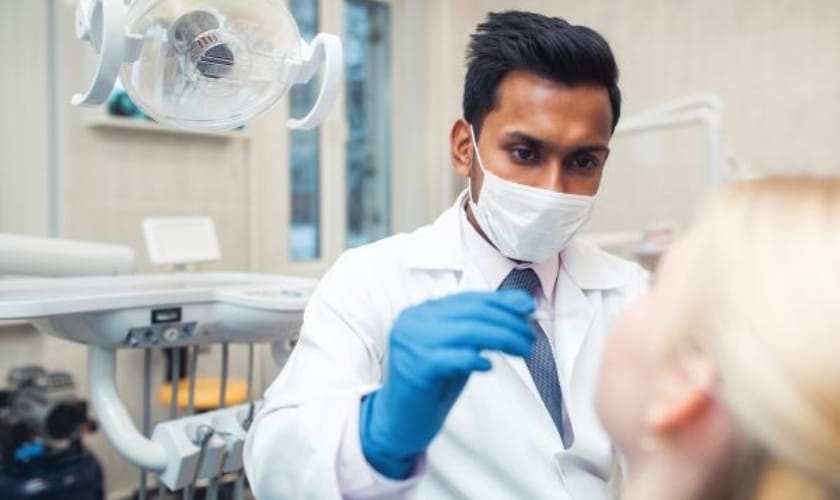
Do you have a tooth extraction coming up? No one wants to have a tooth pulled. This procedure is only ever recommended as a last resort. Sometimes, one is necessary to preserve the health of the rest of your smile. While tooth extractions are very common, they can sound a little bit intimidating. Continue reading to learn more about what you can expect from your procedure.
(more…)








